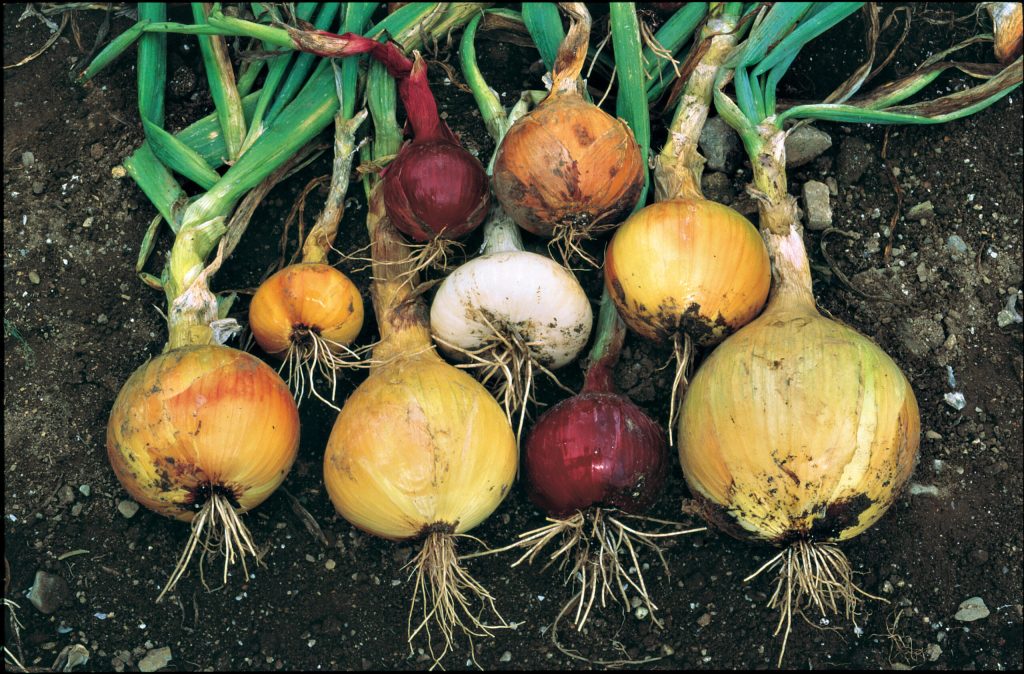Are you in need of in-depth knowledge on onion and garlic production? If yes, we are a call away.Contact us for: Onion seedlings, Garlic seedlings, Germinated garlic cloves, Farm planning services, Soil testing, training on onion and garlic growing, Drip irrigation installation and maintenance, Agronomic support, Onion and Garlic value pack and Farm management. For free consultation, placing orders or booking a visit with an agronomist, please contact us via Call or what’s app +254703982228, Email: Info@oniondoctor.co.ke. You can also check out our social media handles for daily updates on TikTok: https://www.tiktok.com/@oniondoctorke?_t=ZM-8wmsTu0qumO&_r=1 Instagram: https://www.instagram.com/oniondoctorke?igsh=MTVoaHF3aWUydTJzaQ==Facebook:https://www.facebook.com/share/16SwgYn2dG/ Youtube:https://youtube.com/@oniondoctorke?si=u5Jnd-r0qU9UDYqL and Twitter: https://x.com/OnionDoctorKe?t=FR3JXlS_oN1vjjUgAtfyzg&s=09 Explore the incredible world of onions, not just as a nutritional powerhouse but also as a lucrative venture for farmers. Discover the health benefits of incorporating onions into your diet and delve into the advantages of commercial onion farming, particularly in Kenya. Join us as we shed light on the many layers of onions – from their nutrient-rich composition to the thriving business opportunities they offer. Onions are great vegetable containing various vitamins, minerals and potent plant compounds that have been shown to promote health in many ways. People are using onions from the ancient times mainly due to their medicinal properties. They are often used to treat ailments like headaches, mouth sores and hearth disease. Depending on the variety, most of the onions are about 1% protein, 9% carbohydrates (including 4% sugar and 2% dietary fiber), 89% water and negligible amount of fat.[1] Onions contain low amounts of essential nutrients and have an energy value of 40 kilocalories in a 100 grams amount. Onions contribute savory flavor to dishes without contributing significant caloric content. Health Benefits of Onions: Onions are packed in various vitamins and minerals. And the medicinal properties of onions have been recognized since ancient times. However, here we are trying to describe about the top health benefits of onions. Onions are loaded with nutrients. They are low in calories but very high in vitamins and minerals. They are a good source of vitamin C, B and potassium. Consuming onions may help reduce heart disease risk factors (such as high blood pressure). Most of the onions are rich in antioxidants. Red onions are rich in anthocyanins, which are powerful plant pigments that may protect against heart disease, certain cancers and diabetes. A diet rich in allium vegetables (like onions) may have a protective effect against certain cancers. So, you can add onions to your daily diet. Consuming onions regularly may help reduce high blood sugar, due to the many beneficial compounds found in onions. Studies show that onion consumption is associated with improved bone mineral density. Onions have antibacterial properties. They prevent the growth of potentially harmful bacteria like E. coli and S. aureus. Onions are helpful and may help you to boost your digestive health. They are rich source of probiotics, which help to boost digestive health, improve bacterial balance in your gut and benefit your immune system. You can enjoy onions in many different ways. They can easily be added to savory dishes, including eggs, meat dishes, soups and baked goods. Advantages of Onion Farming Business: Large scale or commercial onion farming business is very old and popular in many countries throughout the world. Starting and operating commercial onion farming business is very easy and simple. Even the beginners can also start this business. Commercial onion farming is very profitable and a very good way to earn money. Here we are trying to describe the main benefits/advantages of commercial onion farming business. Growing onions is very easy and simple, even the beginners can also start commercial production. You can make good profit from onion farming business, because commercial onion production is profitable. You will be able to make very good profits within a very short period of time. Both demand and value of onions in the market are good. It is a very popular item in the vegetable market. So, you don’t have to worry much about marketing your products. Caring onion plants is very easy, and the plants generally grow very well. You will be able to care for the plants even if you are a beginner. Commercial onion farming is very profitable, so it can be a good employment source for the rural people. Especially for the educated unemployed people. Commercial production of onions doesn’t require high investment. And you will get back your invested money within a very short period of time. Onions are very nutritious and consuming them on a regular basis has many health benefits. You can enjoy fresh onions (if you like them) if you start your own onion farming business. Onions are not only a staple in our diets but also a gateway to health and prosperity. Whether you’re looking to enhance your well-being through onion consumption or considering a foray into the world of commercial onion farming, this guide has provided insights to help you peel back the layers. Contact Onion Doctor today for quality support and embark on a journey to optimize yields and achieve maximum profits in your onion farming venture. Onion Doctor supports small holder farmers across Africa with quality and affordable Onion and Garlic seedlings, Onion seedlings, Farm planning services, Soil testing, Drip irrigation installation and maintenance, Agronomic support, Onion and Garlic value pack, Farm management, E-extension and on-farm training for farmers to optimize on yields and get maximum profits.








